A new field, cyber forensics, is in the process of extracting information and data from computer storage media accurately and reliably. However, this is not enough, because here the challenge lies in not just finding and collecting data, but preserving and presenting it in a manner that a judicial prospect will accept it. These are ways of combating cyber crime, which make it important for advances in the law enforcement, legal and forensic computing technical arenas. Today, it has become imperative for corporate managers, government agencies and law enforcement agencies to be conversant with the concept, approach and techniques surrounding cyber forensics. Here, electronic data is delicate and can be easily modified. In the event that it is attacked, information security professionals gather electronic evidence, trace and bring the criminals to the court of law. Considering the anonymity that the Internet throws up and the fact that criminals are among users of IT for social and financial discourses, it is necessary now that those responsible for taking critical information infrastructure resources should be empowered with the best tools for the job. One way of doing this is to use the power of cyber forensics. This book introduces cyber forensics from the perspectives of a systems administrator, an investigator and a common computer user. It dwells on the legal as well as the technical aspects associated with this discipline and explores the various models and approaches being used by forensic investigators.
Cyber Forensics: Tools And Practises
$29.70
$33.00
In stock
Free & Quick Delivery Worldwide
All orders amounting to US$ 50 or more qualify for Free Delivery Worldwide. For orders less than US$ 50, we offer Standard Delivery at $14 per book.
ABOUT THE AUTHOR B.Ravi Kumar Jain
Ravi Kumar Jain B holds an MBA degree (Finance) from Osmania University, Hyderabad and PGD ITM (E-commerce & EDI) from AIMA, New Delhi. He has worked as Assistant Professor in a B-school affiliated to Osmania University for four years in Hyderabad. Presently, he is working as a senior faculty member at Icfai Research Centre, Head quarters, heads Special projects team and also teaches at Icfai Business School, Hyderabad. He has presented several research papers in national and international conferences in India and abroad. He has got many of his articles published in several refereed journals. He has received an award, 'Researcher of the Year', from the Vice President of India, for the best contribution in an international conference on Enhancing Global Business Competitiveness in November 2004, at New Delhi. He has authored a book titled "Open Source Software: A Revolution in the Making" and has edited several books on the themes related to Internet and business management, the latest being "Internet Governance: An Introduction" and "IT Governance: An Introduction". His areas of interest include outsourcing, e-commerce, strategic management, technology in business and financial management.
reviews
0 in total
Review by Anonymous
Be the first to review “Cyber Forensics: Tools And Practises” Cancel reply
You must be logged in to post a review.
Bibliographic information
Title
Cyber Forensics: Tools And Practises
Author
Edition
1st ed.
Publisher
ISBN
8131404382
Length
228p.
Subjects

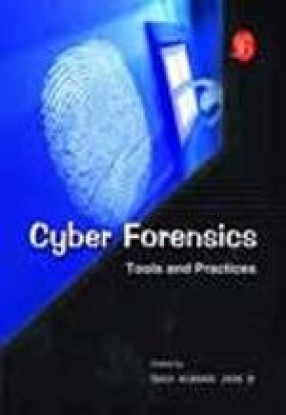
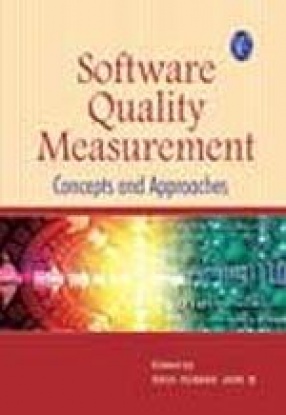
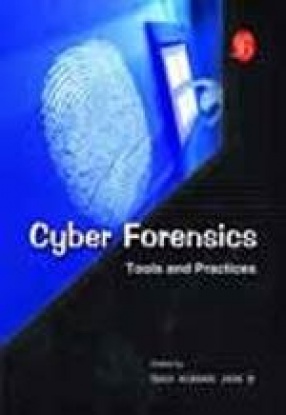

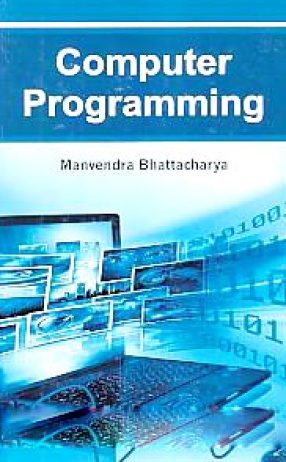
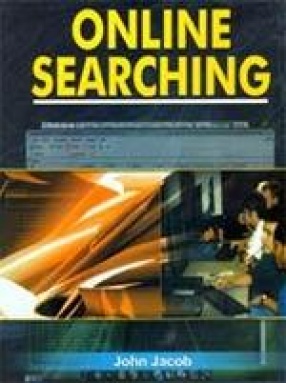

There are no reviews yet.